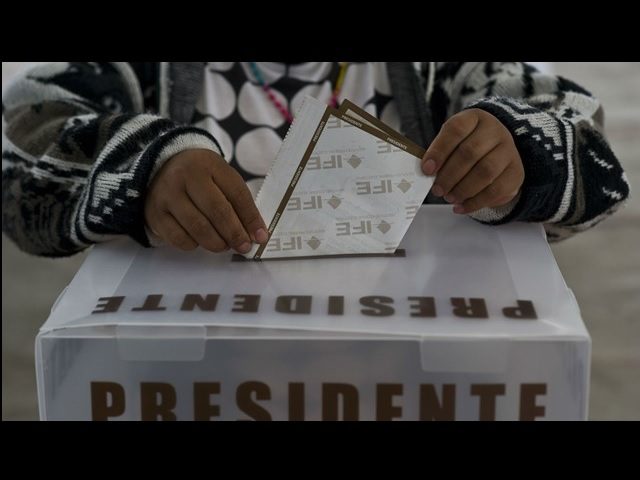As next month’s elections in Mexico approach, a disturbing trend continues with the government’s inability to provide basic security for politicians as the number of those assassinated exceeds 100.
According to statistics compiled by Mexico City-based Etellekt and local media, there were 11 candidates murdered per month from September 8 to May 26, 2018. The updated report indicates that in the last three months, there were three attacks per day related to the electoral process nationwide.
The most recent attack not covered in this report involves the case of Rodrigo Salado, a PRI (Partido Revolucionario Institucional) candidate for alderman in the municipality of San Marcos in Costa Chica de Guerrero, who was murdered by three gunmen who opened fire at the vehicle Salado was traveling in. They were able to flee and remain unidentified.
At least 103 politicians were murdered since the start of the electoral process (including pre-campaigns) and another 112 received threats. In 67 percent of the killings, the victims were attacked by gunmen who specifically targeted them. In 16 percent, victims were found with signs of torture or other methods of extreme violence. Roughly 83 percent of victims were executed with characteristics commonly associated with organized crime hits.
Between September 8, 2017, and May 26 of this year, there were 313 attacks against politicians (an average of three per day), and 44 attacks against family members with a total of 46 relatives murdered. Seventy-two percent of the attacks were directed at opposition politicians, mainly in the central and southern states of the country.
Preparation for the current election cycle began the first week of August 2017 with filing deadlines. The official start of the election process took place on September 8, 2017, with the publication of the electoral calendar.
The election will take place on July 1, 2018, when Mexico elects a new president, 128 senators, 500 federal deputies, and an additional 2,818 local authorities—the largest cumulative ballot in history.
The violence against political figures during the pre- and campaigns is attributed to an attempt by organized crime to influence the elections. In early May, it was reported locally that at least 1,000 federal and local hopefuls resigned their candidacies citing fears of violence.
At the end of 2017, Breitbart Texas reported the electoral process violence left nine politicians dead.
Robert Arce is a retired Phoenix Police detective with extensive experience working Mexican organized crime and street gangs. Arce has worked in the Balkans, Iraq, Haiti, and recently completed a three-year assignment in Monterrey, Mexico, working out of the Consulate for the United States Department of State, International Narcotics and Law Enforcement Program, where he was the Regional Program Manager for Northeast Mexico (Coahuila, Tamaulipas, Nuevo Leon, Durango, San Luis Potosi, Zacatecas.) You can follow him on Twitter. He can be reached at robertrarce@gmail.com

COMMENTS
Please let us know if you're having issues with commenting.